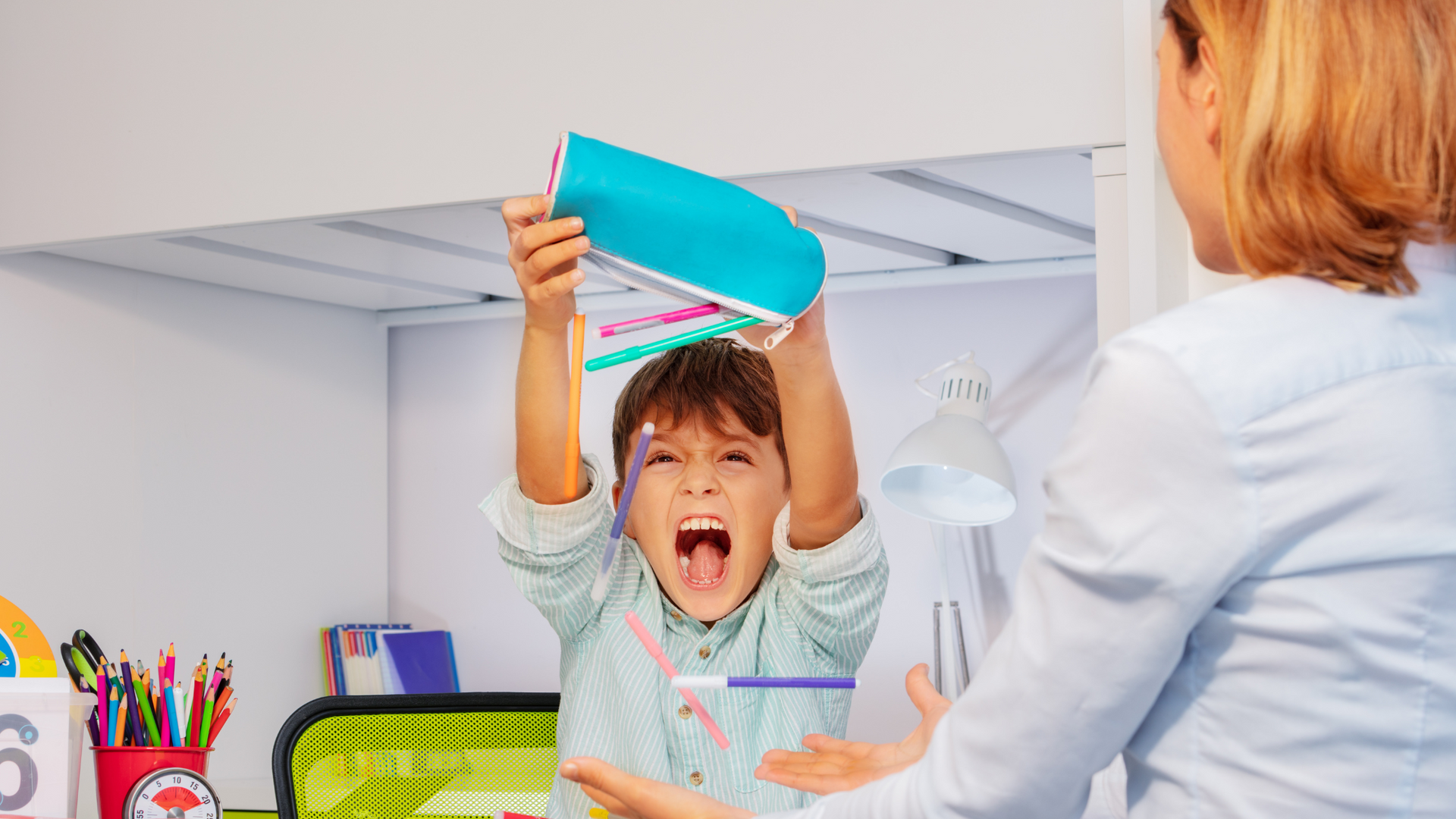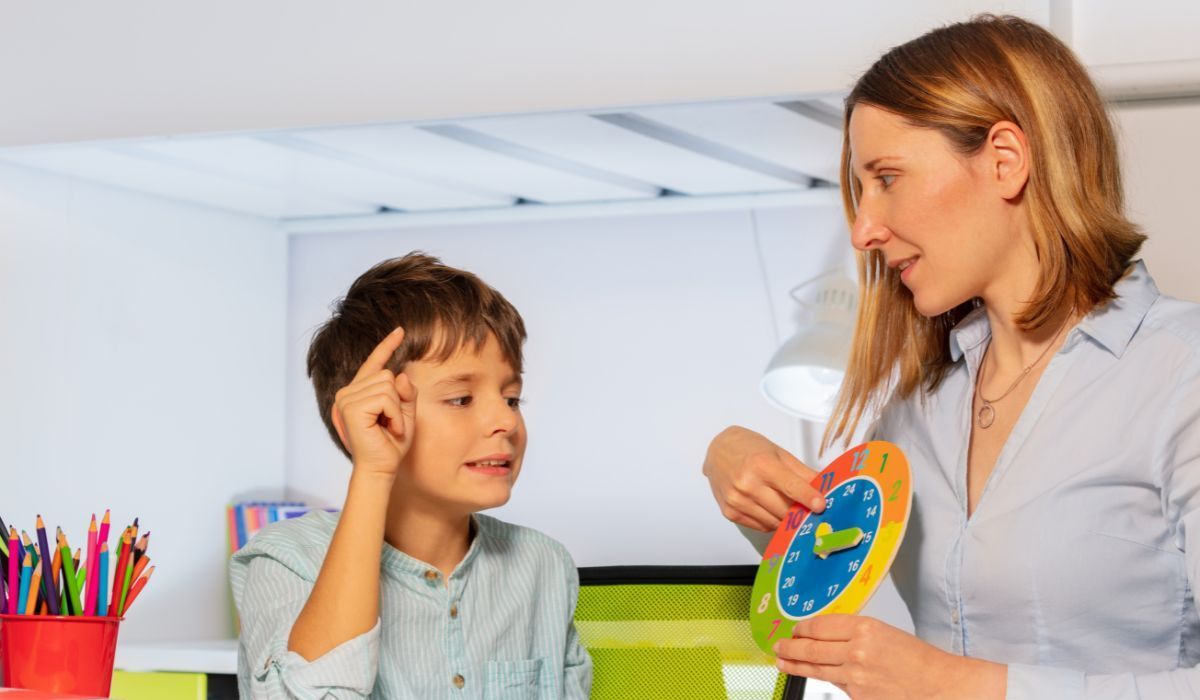Feeling Helpless as a Parent? How ABA Therapy Gives You Back Control

As a parent, few things are more overwhelming than feeling like you can’t help your child. If your child has been diagnosed with autism or is showing signs of developmental challenges, you may be facing daily struggles—meltdowns, communication difficulties, social isolation, or behavioral issues—that leave you feeling lost and unsure of what to do next.
This is where ABA therapy services can be transformative—not just for your child, but for you as a parent. Applied Behavior Analysis (ABA) therapy is a research-backed, individualized approach designed to build positive behaviors and skills while reducing those that interfere with learning and development. Through professional guidance and structured plans, ABA helps parents reclaim a sense of direction, progress, and hope.
If you're in Maryland and searching for “ABA therapy services near me,” you're likely seeking not just therapy, but a true partnership that empowers your family. This article explains how ABA therapy works, what you can expect, and how it can help you feel confident and in control again.
Understanding ABA Therapy: More Than Just Behavior Management
At its core,
Applied Behavior Analysis (ABA) is a scientific approach to understanding and improving behavior. It uses techniques based on learning theory to bring about meaningful and positive changes in behavior. But it’s not just about correcting behavior—it’s about teaching, reinforcing, and nurturing skills that help children thrive at home, school, and in the community.
Key Components of ABA Therapy Services:
- Individualized treatment plans tailored to each child’s unique strengths, challenges, and goals.
- Data-driven decisions to evaluate progress and fine-tune interventions.
- Positive reinforcement to encourage skill acquisition and desirable behaviors.
- Parent training and involvement to ensure consistency and support beyond therapy sessions.
- Functional communication development to reduce frustration and improve expression.
Why Parents Often Feel Helpless Before ABA
Many parents come to ABA therapy services in Maryland feeling completely defeated. You may be asking:
- Why isn’t my child speaking or responding like others their age?
- How can I prevent constant tantrums or self-injurious behavior?
- What am I doing wrong as a parent?
Let us say this clearly: you are not alone, and it is not your fault. Raising a child with autism or developmental differences is an extraordinary journey, and it’s okay to need help along the way.
Without the right support, many parents feel like they’re constantly reacting to crises instead of building toward solutions. This emotional rollercoaster can take a toll on mental health, relationships, and family dynamics.
How ABA Therapy Gives Parents Back Control
The transformative power of ABA therapy doesn’t just come from the progress your child makes—it’s also in how it
equips you as a parent.
1. Structured Plans, Clear Goals
One of the first things families notice when starting ABA therapy services is the sense of structure and clarity that comes with it. Your child’s behavior analyst creates a personalized plan with short- and long-term goals, giving you a clear roadmap to follow.
These goals may include:
- Enhancing communication skills
- Teaching daily living tasks (e.g., brushing teeth, dressing)
- Increasing attention and focus
- Improving social interactions
- Reducing tantrums or aggressive behavior
Having a step-by-step plan can replace uncertainty with confidence.
2. Parent Involvement = Empowerment
Unlike some therapies where the professional works in isolation, ABA includes you in the process. You’ll learn the same techniques that therapists use—how to give clear instructions, reinforce positive behavior, and manage challenging situations effectively.
This kind of parent training is invaluable. You're no longer on the sidelines watching; you're actively participating in your child's growth.
3. Better Communication, Less Frustration
Many problem behaviors stem from an inability to communicate needs. ABA places a strong emphasis on building functional communication, whether through speech, sign language, or augmentative devices.
As your child learns to express themselves, you’ll notice:
- Fewer meltdowns
- More meaningful interactions
- A deeper emotional connection
These improvements can dramatically change the family dynamic and reduce daily stress.
4. Celebrate Progress (Even Small Wins)
In ABA, every small victory is a big deal. Learning to say “more,” using the bathroom independently, or playing with a sibling are all milestones worth celebrating. Tracking this progress gives parents real evidence that their efforts—and their child’s hard work—are paying off.
What to Expect from ABA Therapy Services in Maryland
If you’re searching for ABA therapy services near me, and you're located in Maryland, it’s important to know what quality services should look like.
1. Comprehensive Assessments
A Board Certified Behavior Analyst (BCBA) will begin by assessing your child’s current skills, behavior patterns, and needs. This baseline helps tailor the treatment plan.
2. One-on-One Therapy
ABA is often delivered in one-on-one settings with a Registered Behavior Technician (RBT) working under the supervision of a BCBA. This ensures personalized attention and responsiveness to your child’s unique profile.
3. In-Home and Clinic-Based Options
Some families prefer therapy at home where the child is most comfortable; others benefit from the structure of a clinical setting. Many providers in Maryland offer both options—or a hybrid—depending on what works best for your child and family routine.
4. Collaboration with Schools and Other Therapists
Quality ABA services often involve coordination with teachers, speech therapists, and occupational therapists to ensure holistic care.
Finding the Right ABA Provider in Maryland
Not all ABA therapy services in Maryland are created equal. Choosing the right provider can significantly affect your experience and outcomes.
Look for Providers That Offer:
- Experienced, credentialed professionals (BCBAs, RBTs)
- Individualized treatment rather than one-size-fits-all programming
- Family involvement and training
- Evidence-based methods
- Transparent progress tracking
- Compassionate, respectful care
Common Misconceptions About ABA Therapy
ABA has evolved significantly over the years, and it's important to separate facts from outdated myths.
Misconception: ABA is harsh or robotic
Reality: Modern ABA emphasizes positive reinforcement,
play-based learning, and respect for the child's autonomy.
Misconception: ABA just "fixes" kids
Reality: ABA supports children in gaining skills and confidence—not in changing who they are.
Misconception: ABA is only for young children
Reality: ABA can benefit individuals of all ages, including teens and young adults, especially when customized to developmental level.
ABA Therapy Isn’t Just for Children—It’s for Families
Many parents say that starting ABA was not only life-changing for their child—but also for themselves. That’s because ABA therapy isn't just about managing behavior. It's about:
- Rebuilding connection between parent and child
- Creating routines that reduce chaos and increase predictability
- Fostering independence that makes daily life easier for everyone
- Providing tools and understanding so parents can respond with confidence instead of fear
If you've been feeling helpless, ABA can help you regain the reins of your parenting journey.
How Able Minds ABA Supports Families in Maryland
At
Able Minds ABA, we specialize in providing high-quality ABA therapy services in Maryland, with a focus on compassionate care and family empowerment.
Our team of experienced behavior analysts and registered technicians work closely with each child and their family to create individualized programs that promote lasting growth. We believe that every child has the potential to thrive with the right guidance—and that parents are an essential part of that process.
Whether you’re looking for ABA therapy services near me or exploring your options for the first time, Able Minds ABA is here to support you. We offer:
- In-home and center-based therapy
- Comprehensive assessments and treatment planning
- Ongoing parent training and collaboration
- A commitment to ethical, respectful, and effective care
You don’t have to walk this path alone. With the right support, you can take back control—and help your child shine.
Final Thoughts: From Helplessness to Hope
As a parent, your love, patience, and strength are already extraordinary. But when faced with developmental challenges or autism, it’s normal to feel overwhelmed or uncertain about what to do next.
ABA therapy services can offer a pathway—not just to help your child build skills—but to help you become a more confident, informed, and empowered parent. You don’t have to struggle alone or rely on guesswork. With professional support, evidence-based strategies, and a plan tailored to your child’s needs, you can create a better future for your entire family.
And if you're searching for ABA therapy services in Maryland or “ABA therapy services near me,” we encourage you to reach out to a trusted provider like Able Minds ABA. We’re here to help you feel hopeful, not helpless.
FAQs
How many hours of ABA therapy will my child need?
The number of therapy hours depends on your child’s individual needs and the results of their assessment. Some children may benefit from 20–40 hours per week of intensive therapy, while others may progress with fewer. Your BCBA will create a personalized recommendation to ensure the best outcomes. Therapy plans are always tailored to each child’s strengths and goals.
Is ABA therapy covered by insurance in Maryland?
Yes, many insurance plans in Maryland cover ABA therapy services for children diagnosed with autism. Coverage depends on your specific insurance provider and plan. At Able Minds ABA, we assist families in verifying their benefits and navigating the approval process. Our goal is to make access to care as smooth and stress-free as possible.
What age should my child start ABA therapy?
ABA therapy can begin as early as 18 months and is most effective when started early. However, it’s also beneficial for older children and teens with autism or developmental challenges. There’s no “too late” for starting ABA—plans are always age-appropriate. The key is individualized support at any stage of development.
Can ABA therapy be done at home?
Yes, ABA therapy can be provided in the comfort of your home. In-home therapy allows children to learn and practice skills in familiar, real-life environments. This often leads to better generalization and comfort for both the child and the family. Many families in Maryland find this approach both convenient and effective.
How long does it typically take to see progress with ABA therapy?
Progress timelines vary depending on each child’s unique needs and the goals set in their therapy plan. Many families notice improvements in communication and behavior within a few months of consistent ABA therapy. However, ABA is a long-term, ongoing process that builds skills step-by-step. Patience and consistency are key to meaningful, lasting change.










